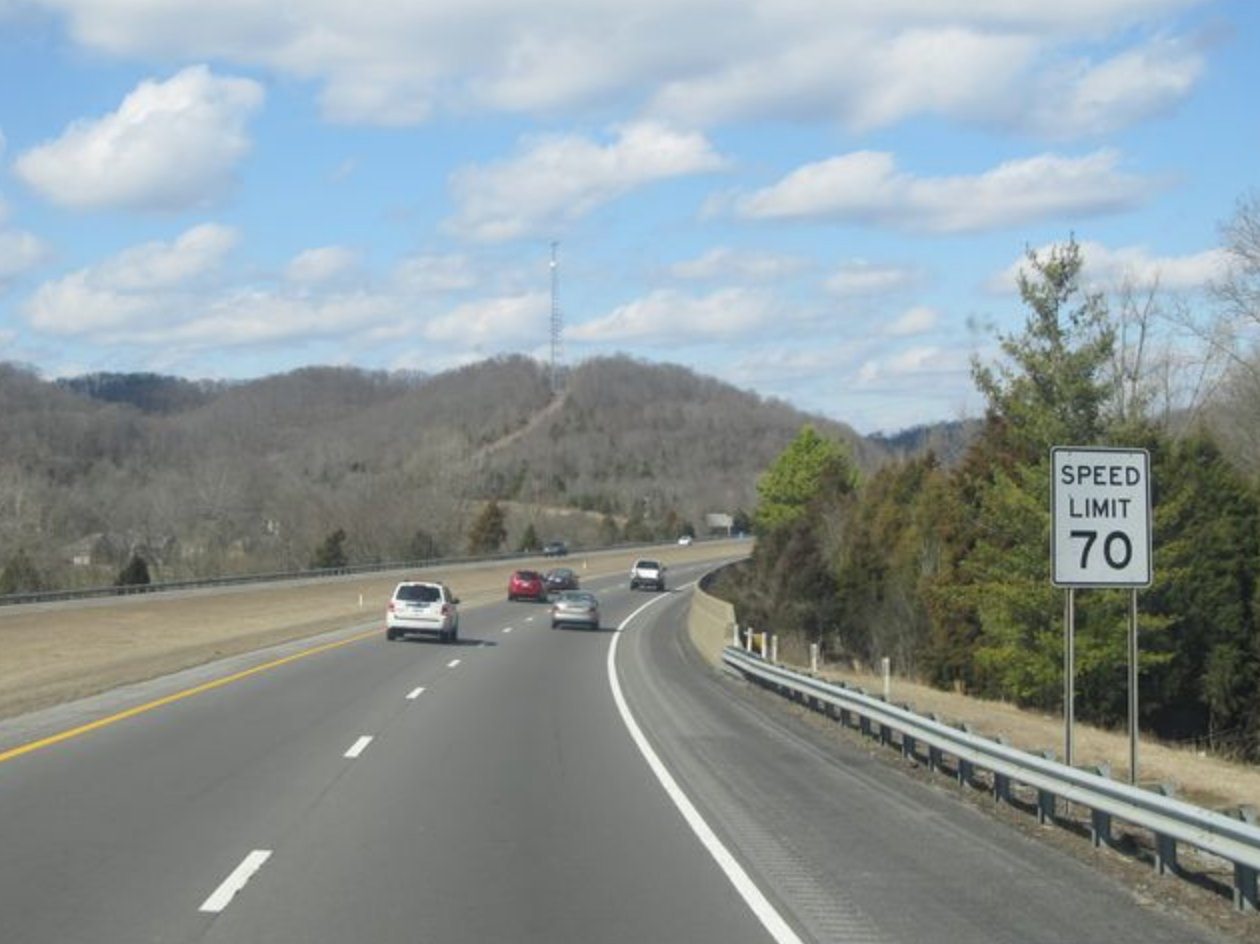It’s been thirty years since the federal government started to relax maximum speed restrictions on state highways which had been brought in during the previous decade, ostensibly due to worries about fuel availability. It’s hard to remember the rationale at the time, as global politics have gone through so many cartwheels since the seventies. It was a time when oil rich nations like Saudi Arabia and Iran were flexing their muscles and limiting fuel production in order to drive fuel prices up and serve as a political weapon after the Arab Israeli conflicts.
One of the less expected effects of a national 55 mph speed limit which was imposed between 1973 and 1987 was that there were fewer accidents and consequently fewer fatalities.
Congress changed the national ruling in 1987, permitting states to raise maximum speed limits to 65mph and then relaxed them again in 1992 so that states could impose their own speed limits without limitation by Congress.
States have certainly diverged in their speed limit policy. Tennessee has remained relatively conservative in its speed laws. While the state does make it an offense to drive at a speed under 55mph on a state highway or interstate within Tennessee, the maximum is only 70 mph. That is quite a bit less than several other states where it seems that there is no slow down in the rush to increase speed limits. As of 2017, Texas has the highest speed limits with a maximum of 85mph on rural interstates and state highways. Several others have now got 80 mph maximum speed limits.
The main arguments for higher speed limits are:
• Modern cars are safer at higher speeds than ever before and drivers can handle maneuvers at new maximum speed limits;
• Many people were breaking the older speed limits anyway, so bringing in increased limits means less people will be breaking the law;
• The obvious one that many people want to get where they are going sooner rather than later.
Despite the arguments for higher speed limits there is now evidence that the changes are causing greater numbers of accidents and more fatalities.
Research into crash statistics is not easy and it is even more difficult making a straightforward link between speed limits and accident or fatality rates rather than unsupported correlation, but the Insurance Institute for Higher Safety (IIHS) thinks that its number crunching does prove that raising the speed limit is definitely linked to higher fatality rates.
The organization refers to data collected between 1993 and 2013 in 41 states and concludes that there were 33,000 more fatalities than there should have been that could be directly attributed to increased speed limits. This is despite that in most states the serious accident and fatality rate has actually dropped slightly over the two decades.
The figures took into account a number of socioeconomic factors as well as excluding a number of smaller states and D.C. because of the much lower number of miles driven per year. The overall percentage increase in fatalities per 5mph maximum speed increase was calculated as 4% overall and 8% on rural interstates and freeways.
The survey also concluded that in 2013 alone there were 1,900 more deaths than there should have been, which was equal to or at least cancelled out the saving in lives due to the introduction of airbags.
The conclusions do not take into account the changes in those states that have increased speed limits since 2013, so presumably if the results are true, the real figures are worse than those quoted.
33,000 fatalities is only the tip of the iceberg as there will be far more serious, bur non fatal inquiries involved in those accidents caused by increased speed limits. That amounts to a lot of shattered lives and the ending of personal dreams.
Insurance companies are responsible for paying out compensation if a serious accident happens so it is reasonable to assume that the IIHS study will be of value to the insurance industry when recommending to state lawmakers about the financial effects of raising speed limits in addition to the human costs.
Speeding is one of the major causes of serious injuries on our highways. This study only confirms what should be common sense thinking. If you, or a member of your family, have been seriously injured on a Tennessee highway by a speeding driver, you may be entitled to file a personal injury lawsuit against the driver, if negligent driving behavior can be proven. Talk to an experienced personal injury attorney at the Keith Williams Law Group office here in Nashville. A consultation is provided free of charge. Ring one of our attorneys as soon as possible after an accident at (615) 444-2900.


Leave A Comment